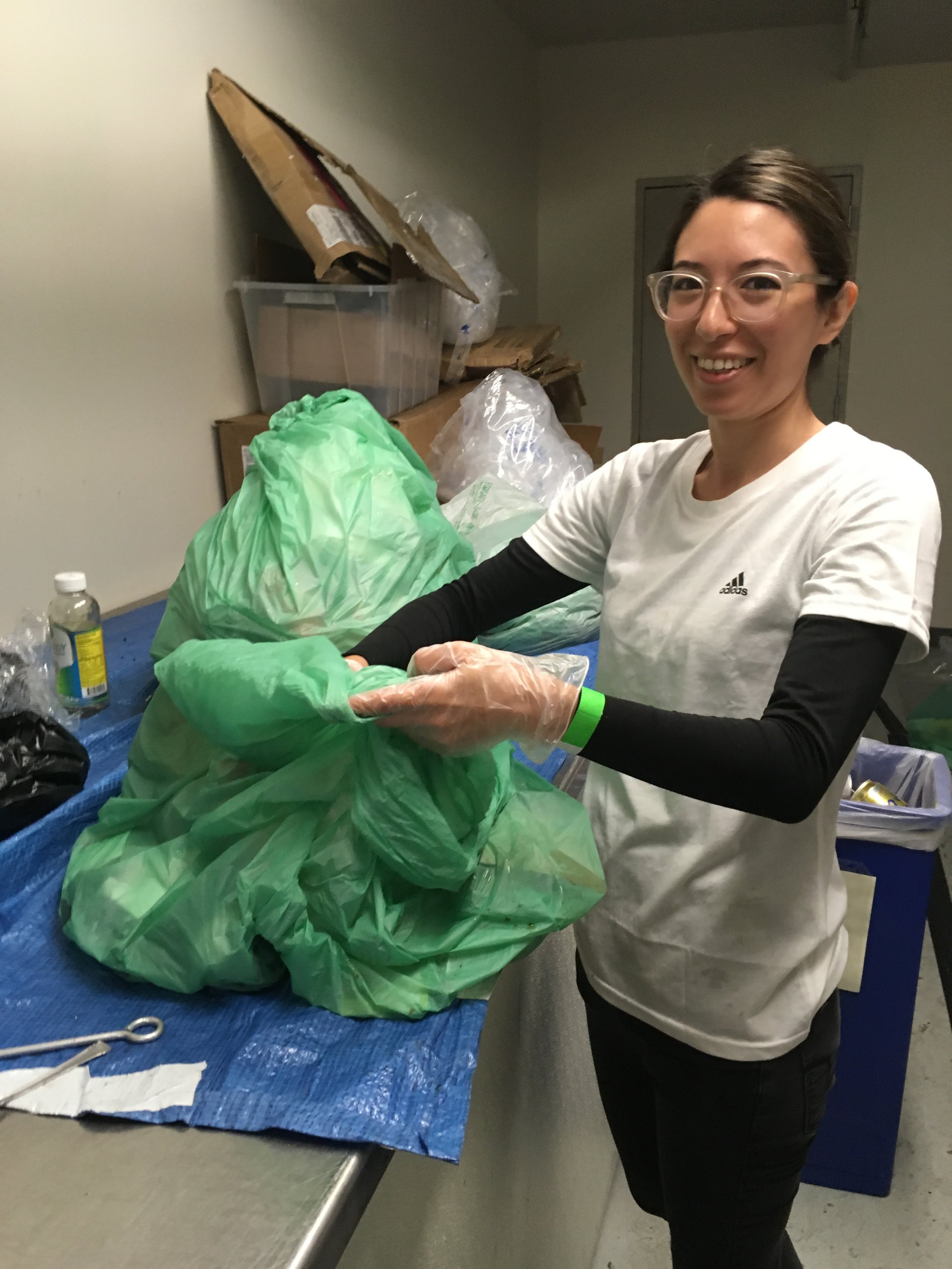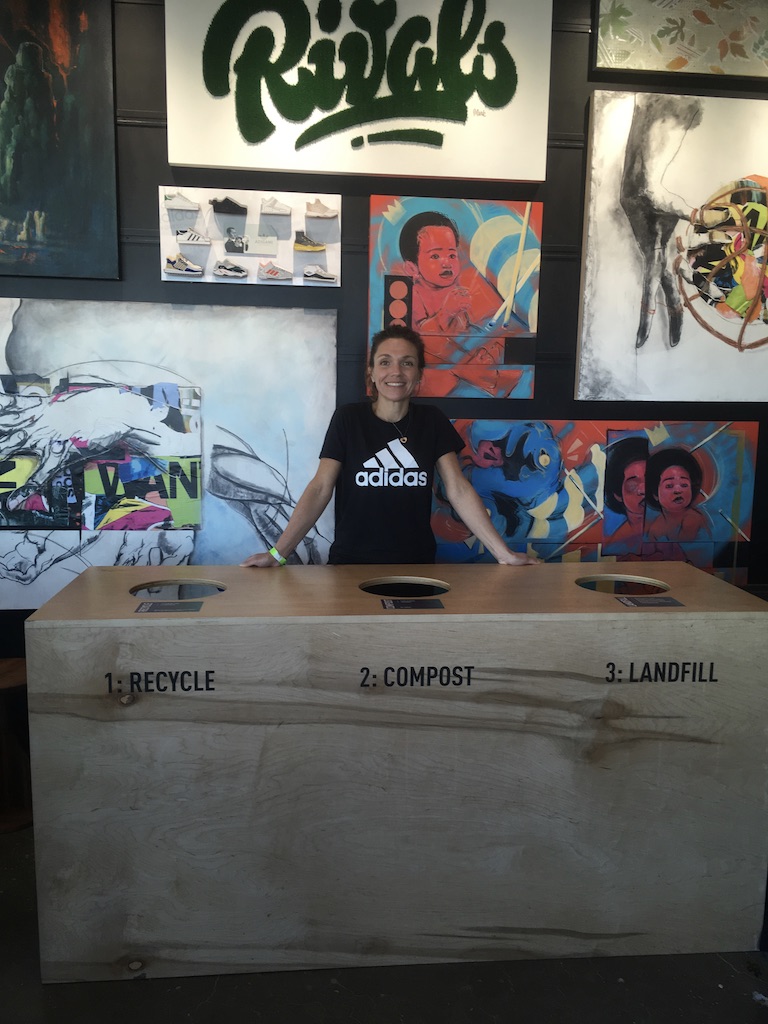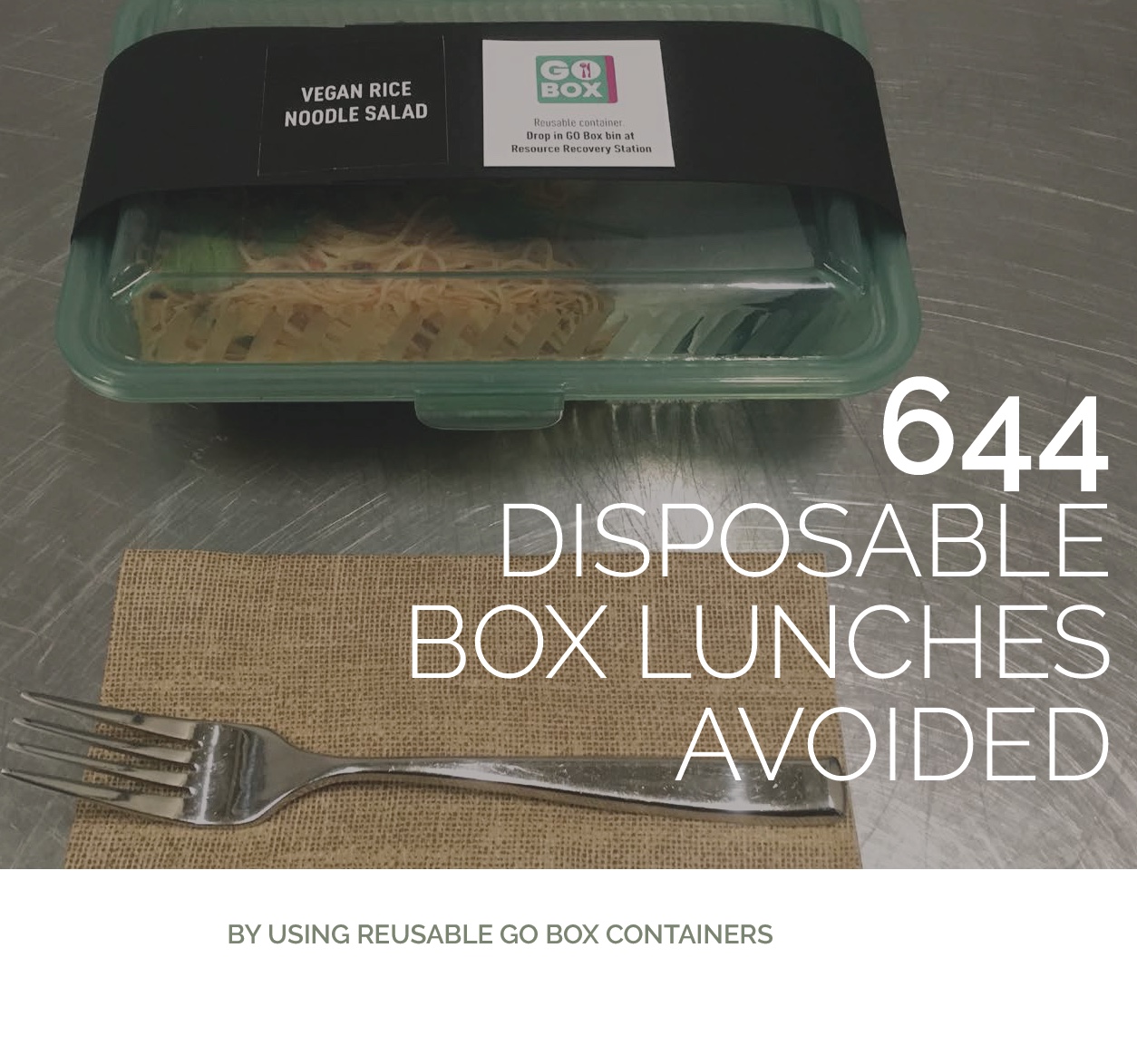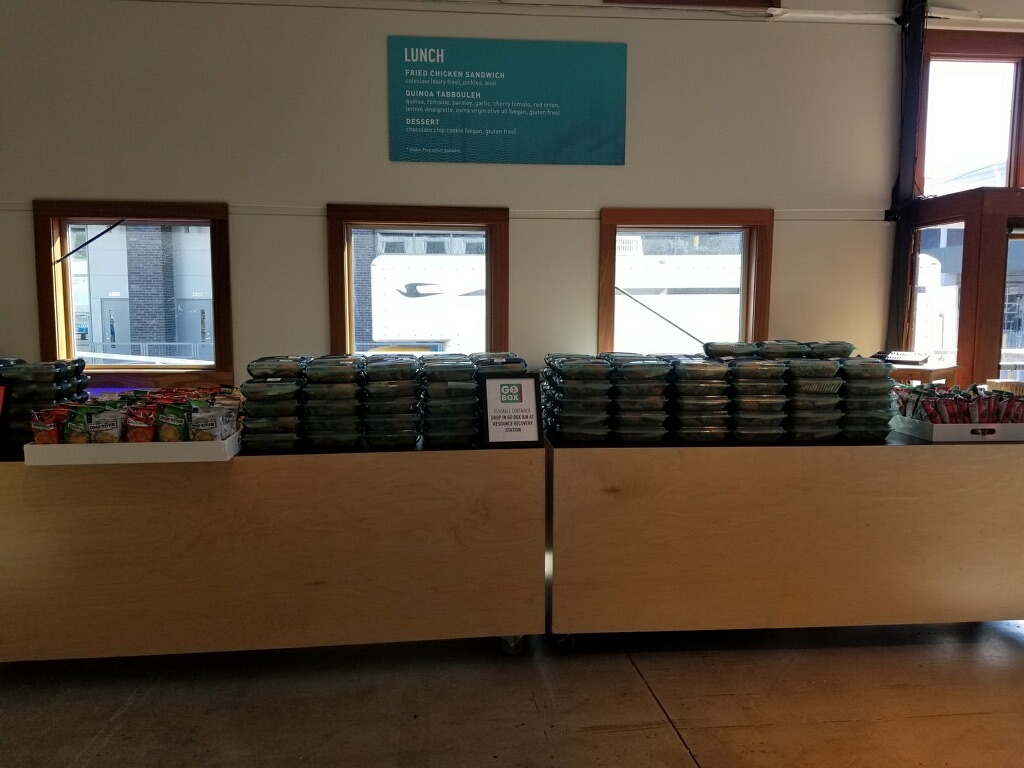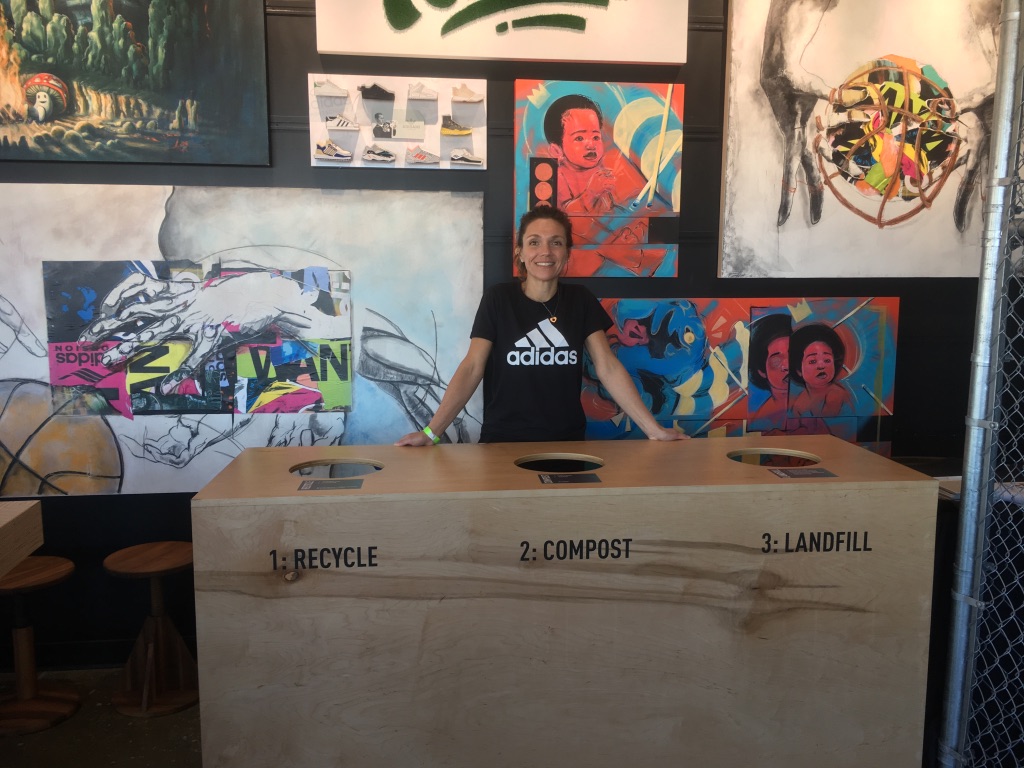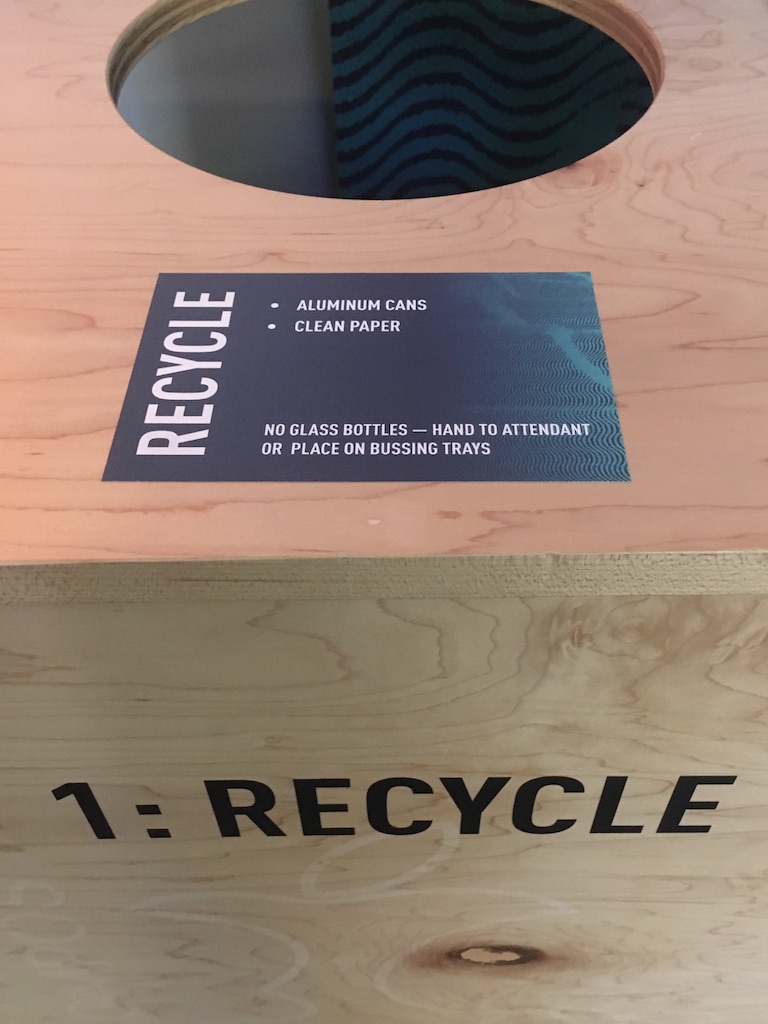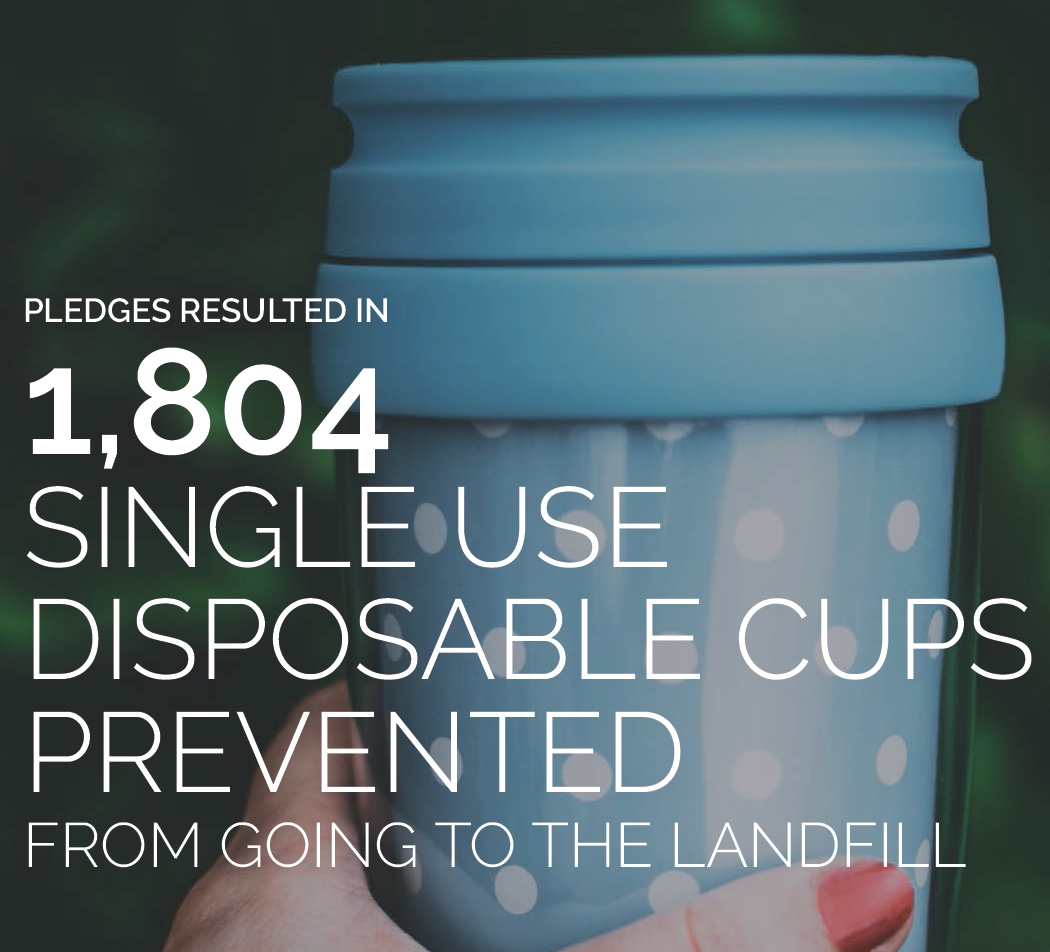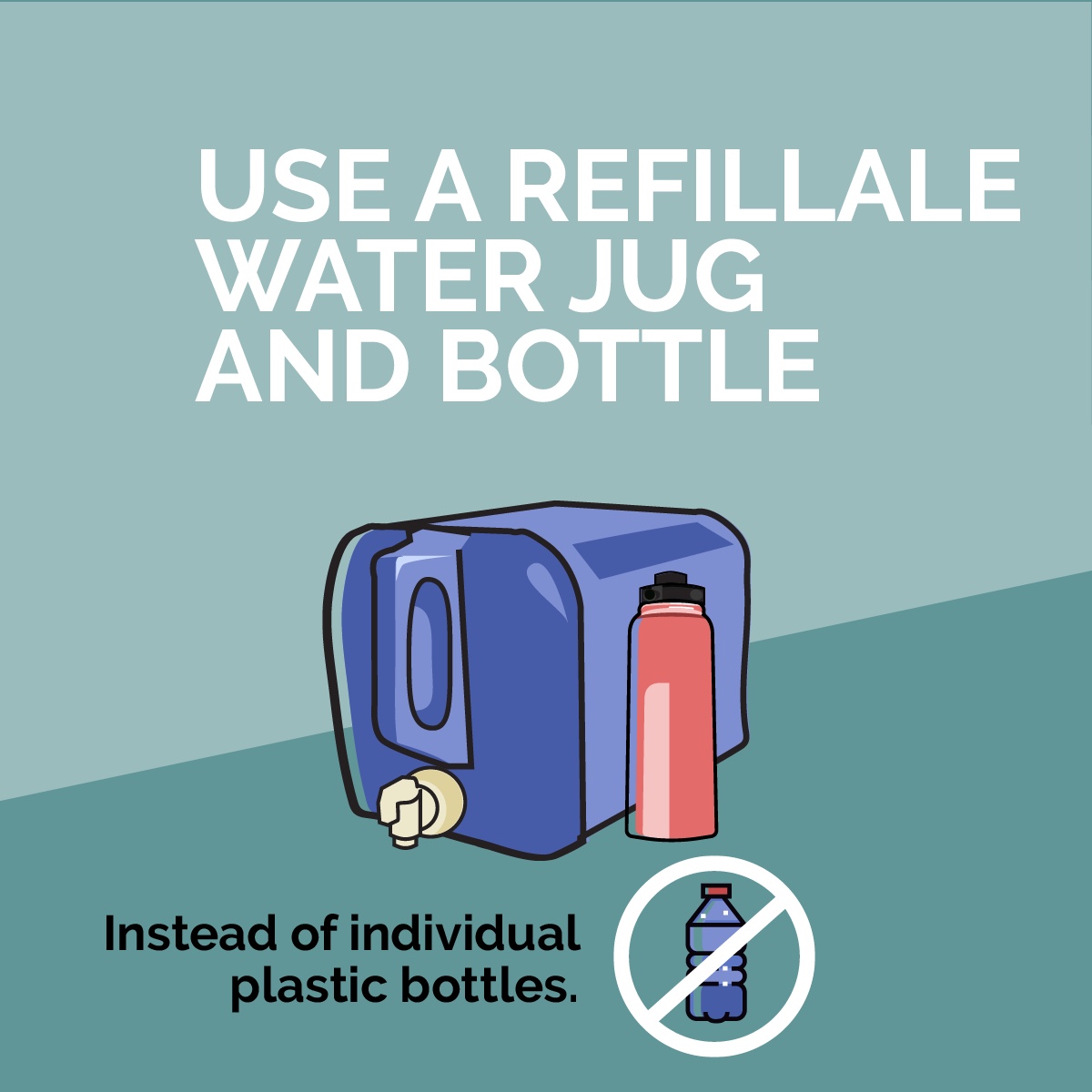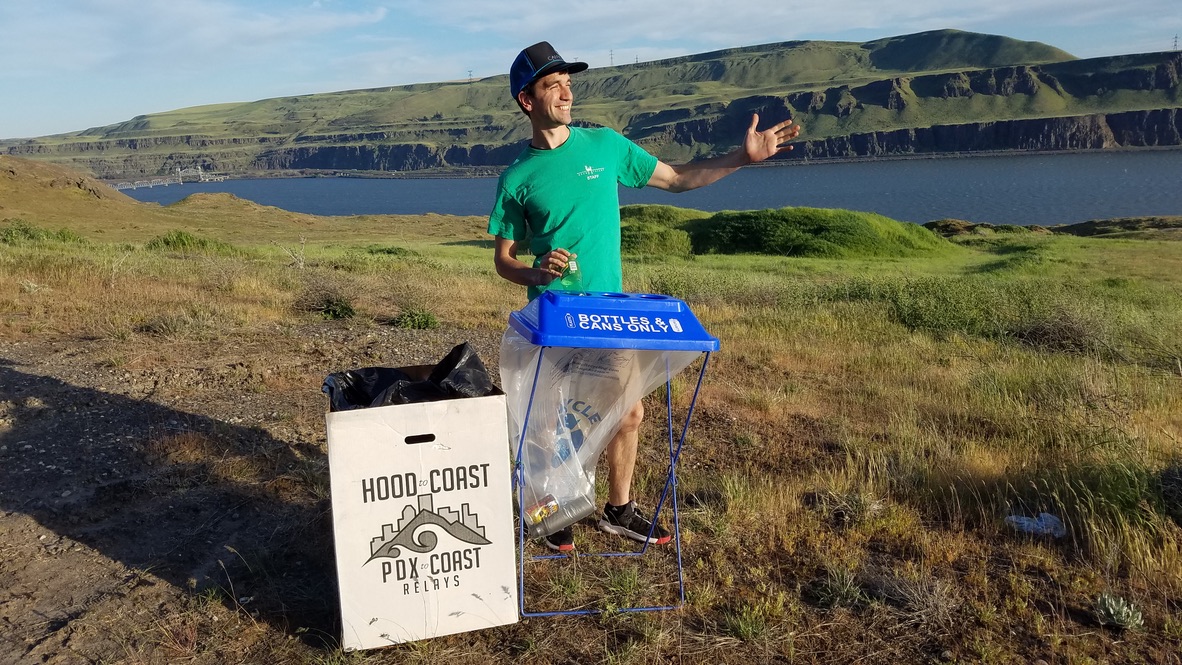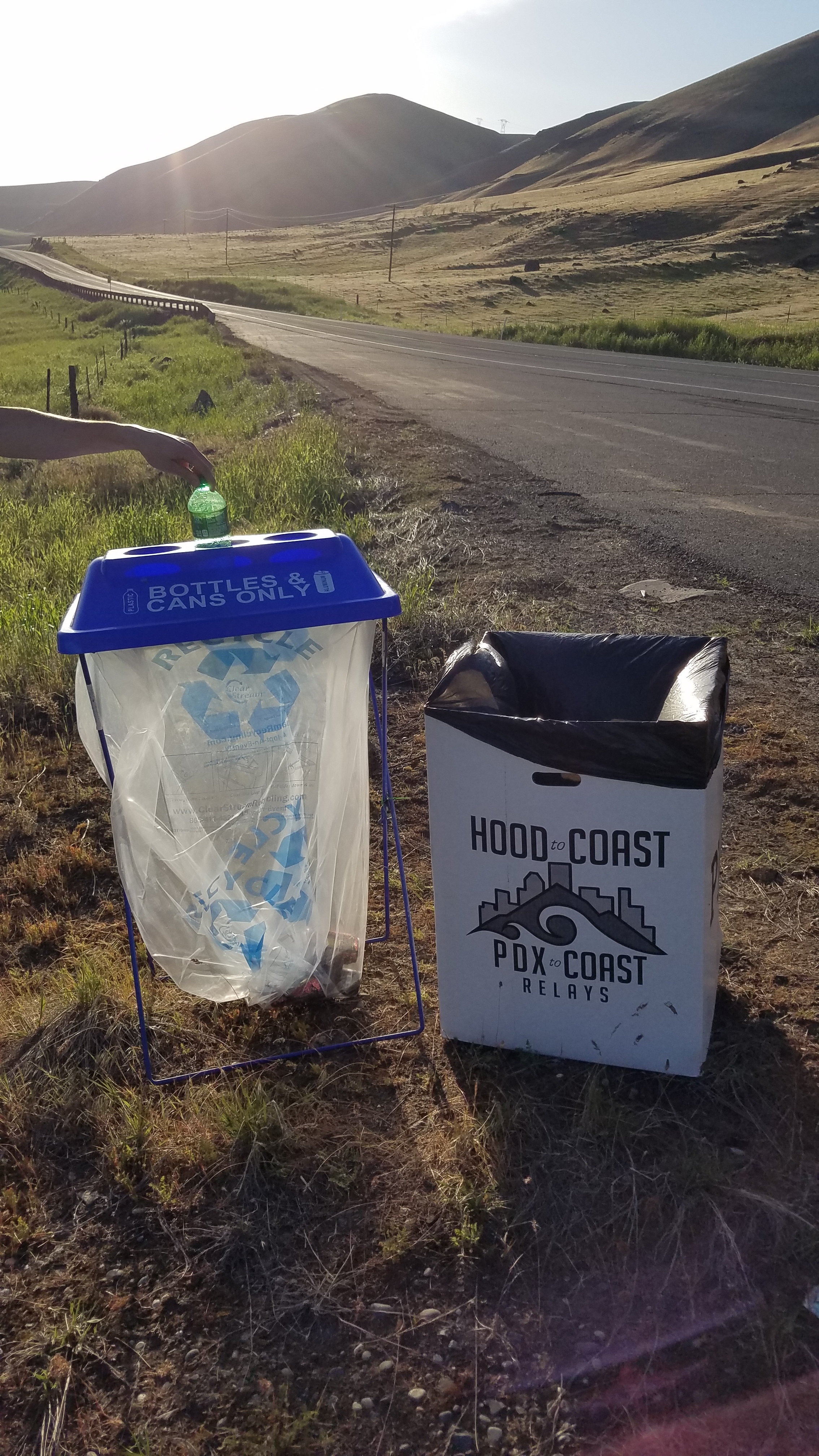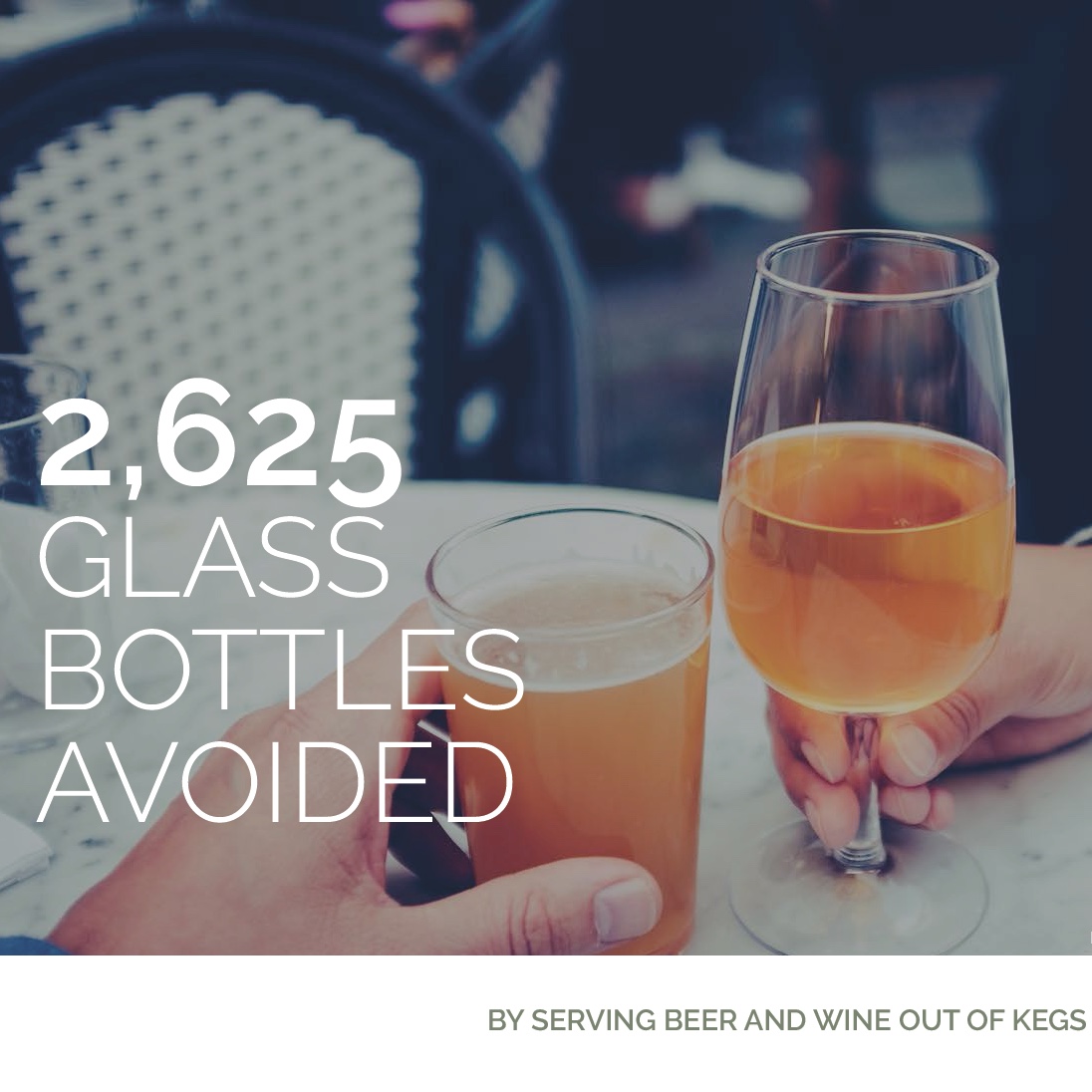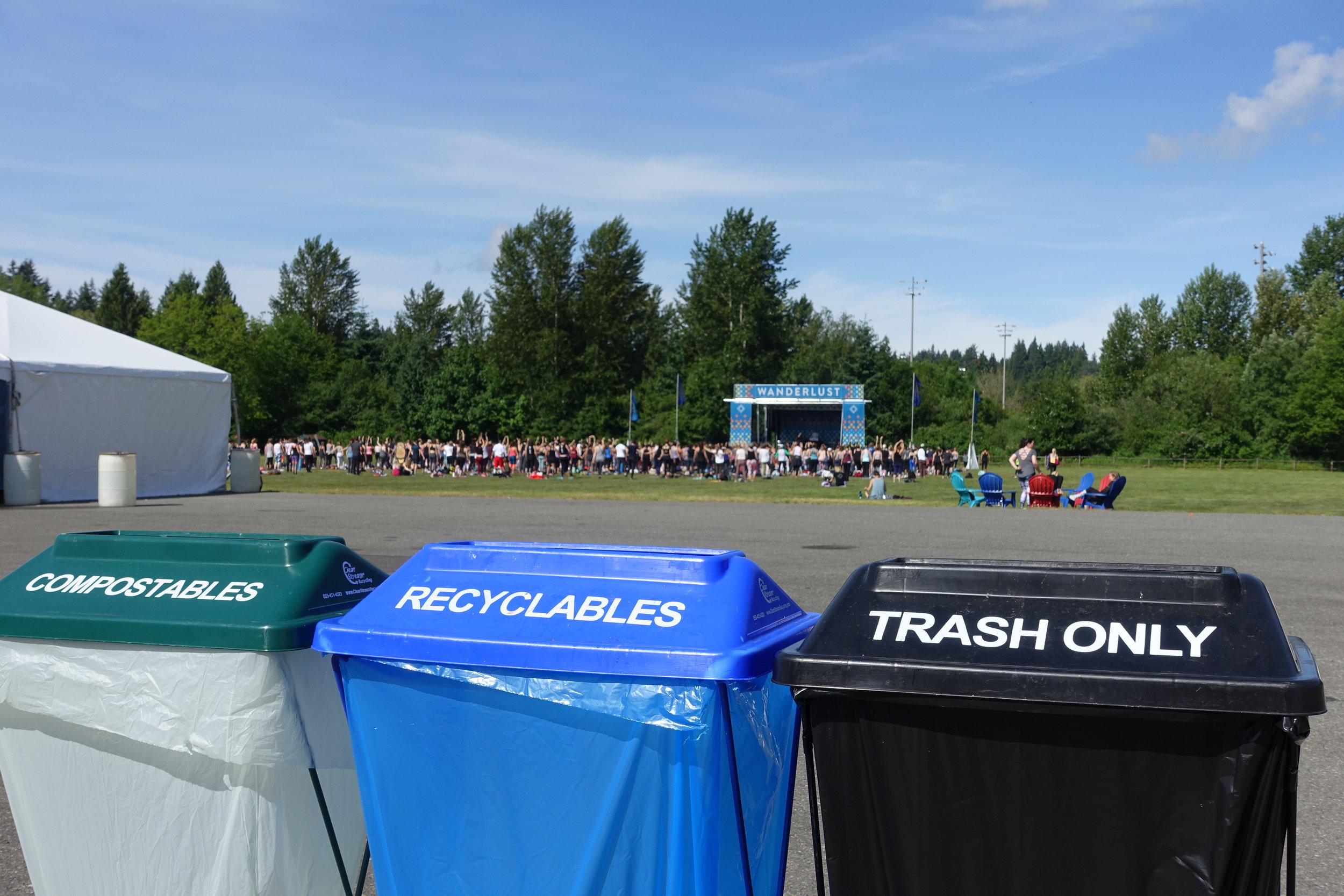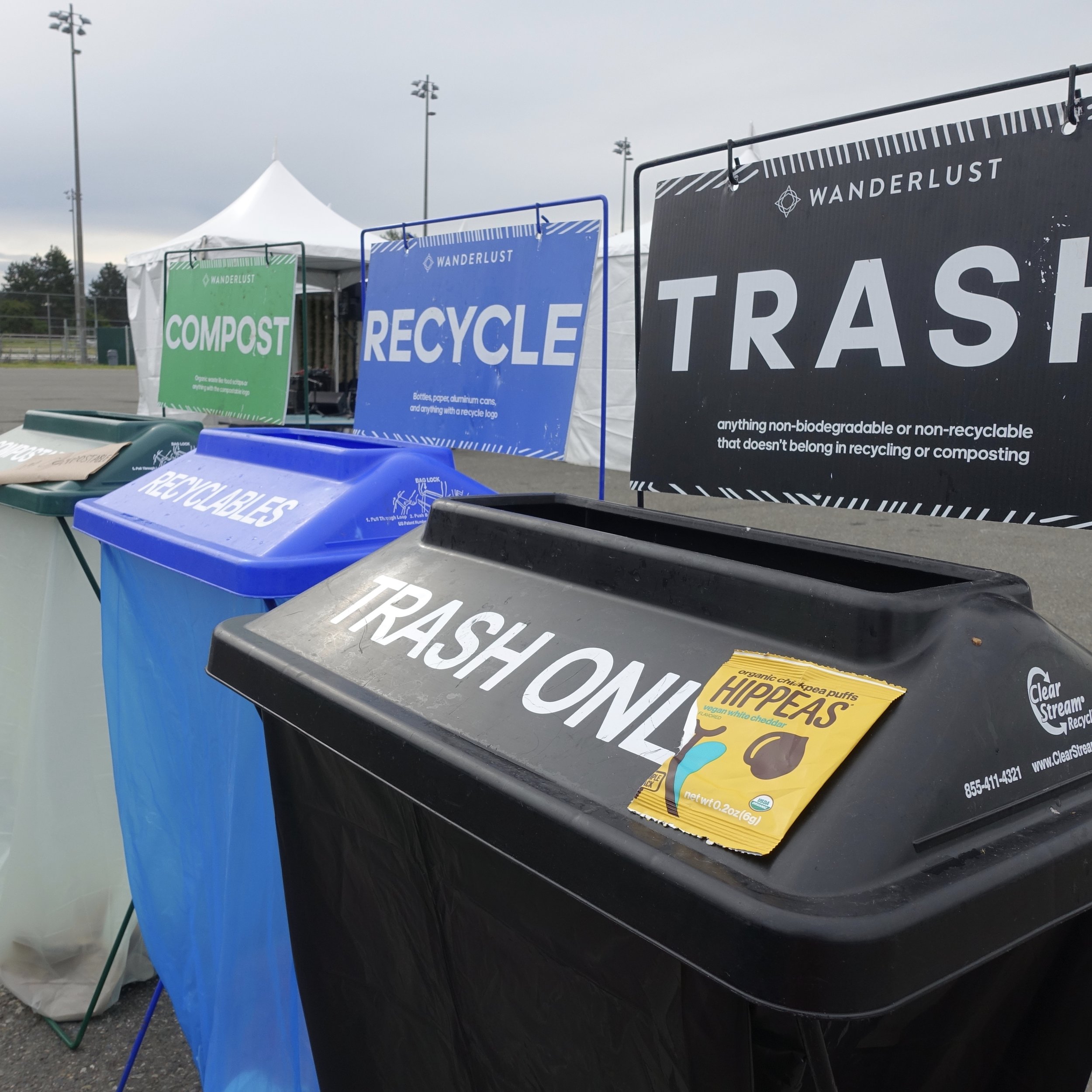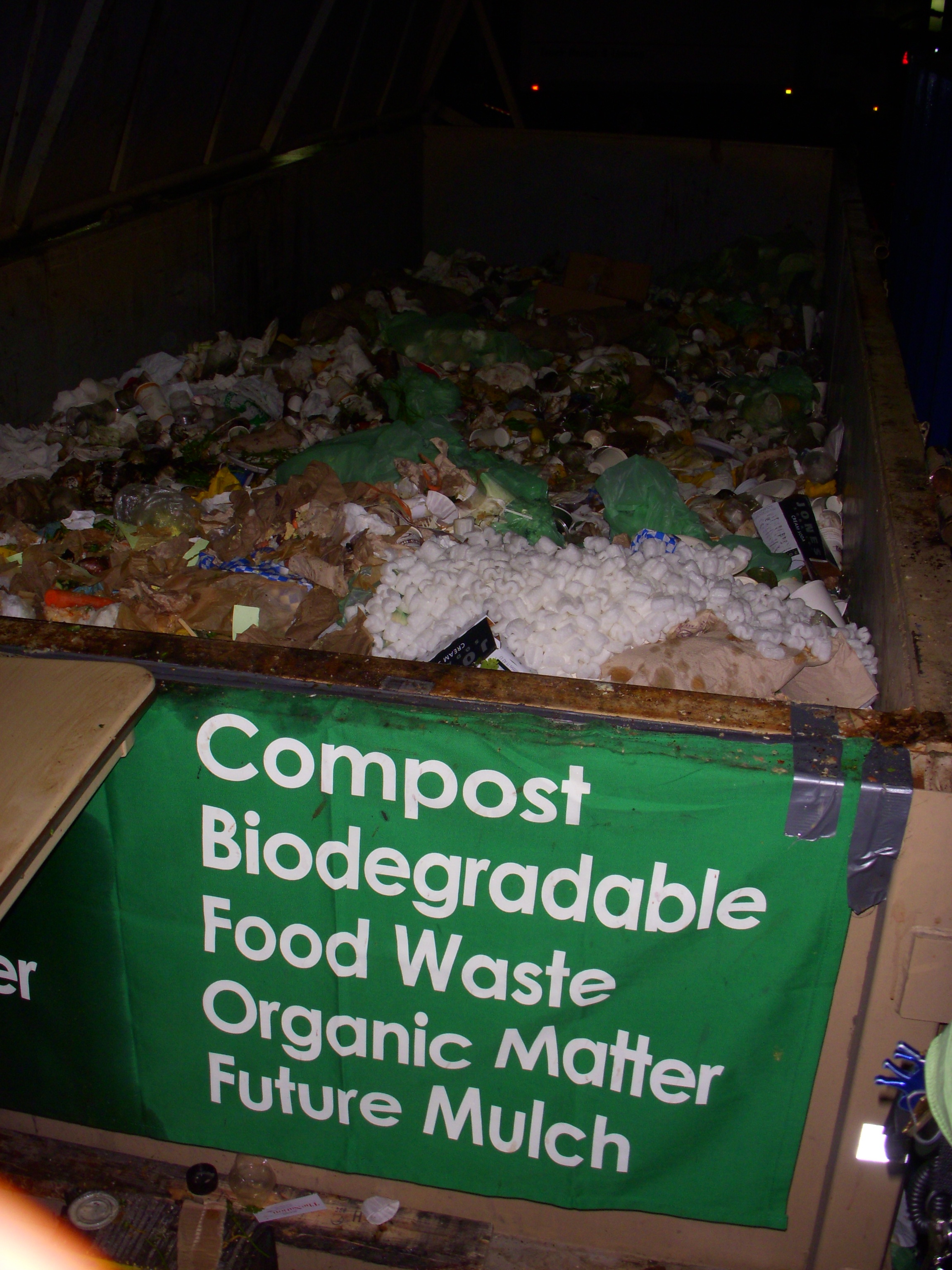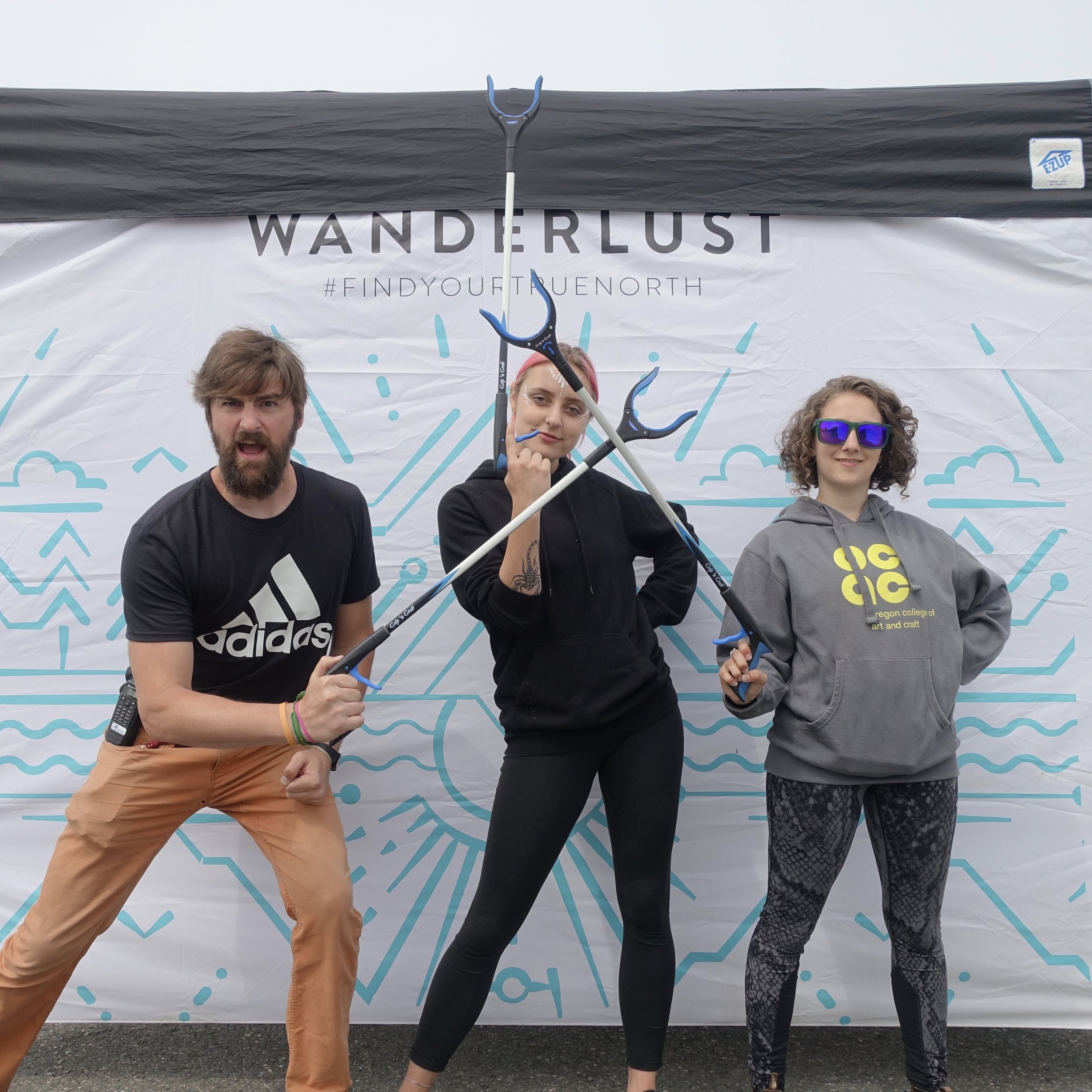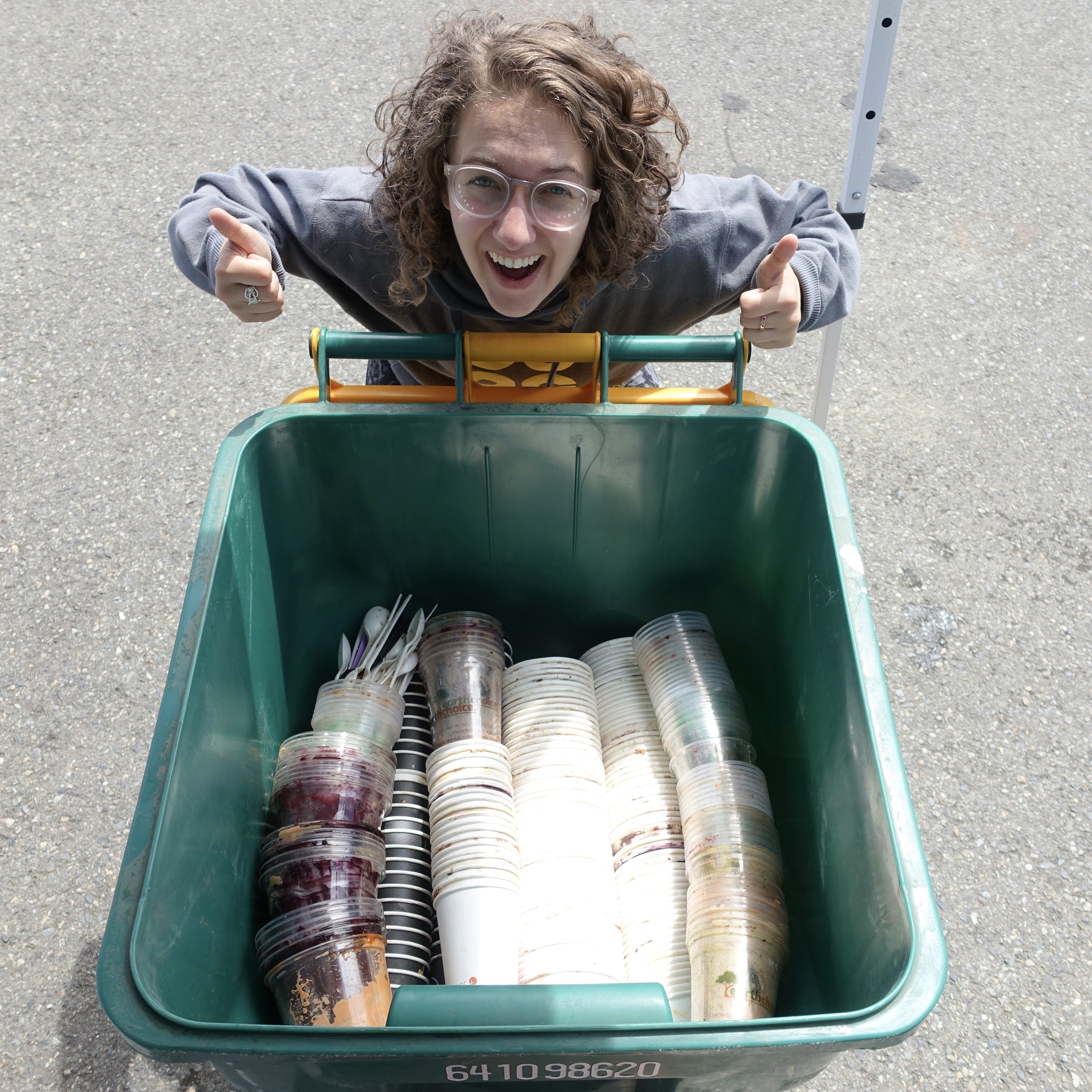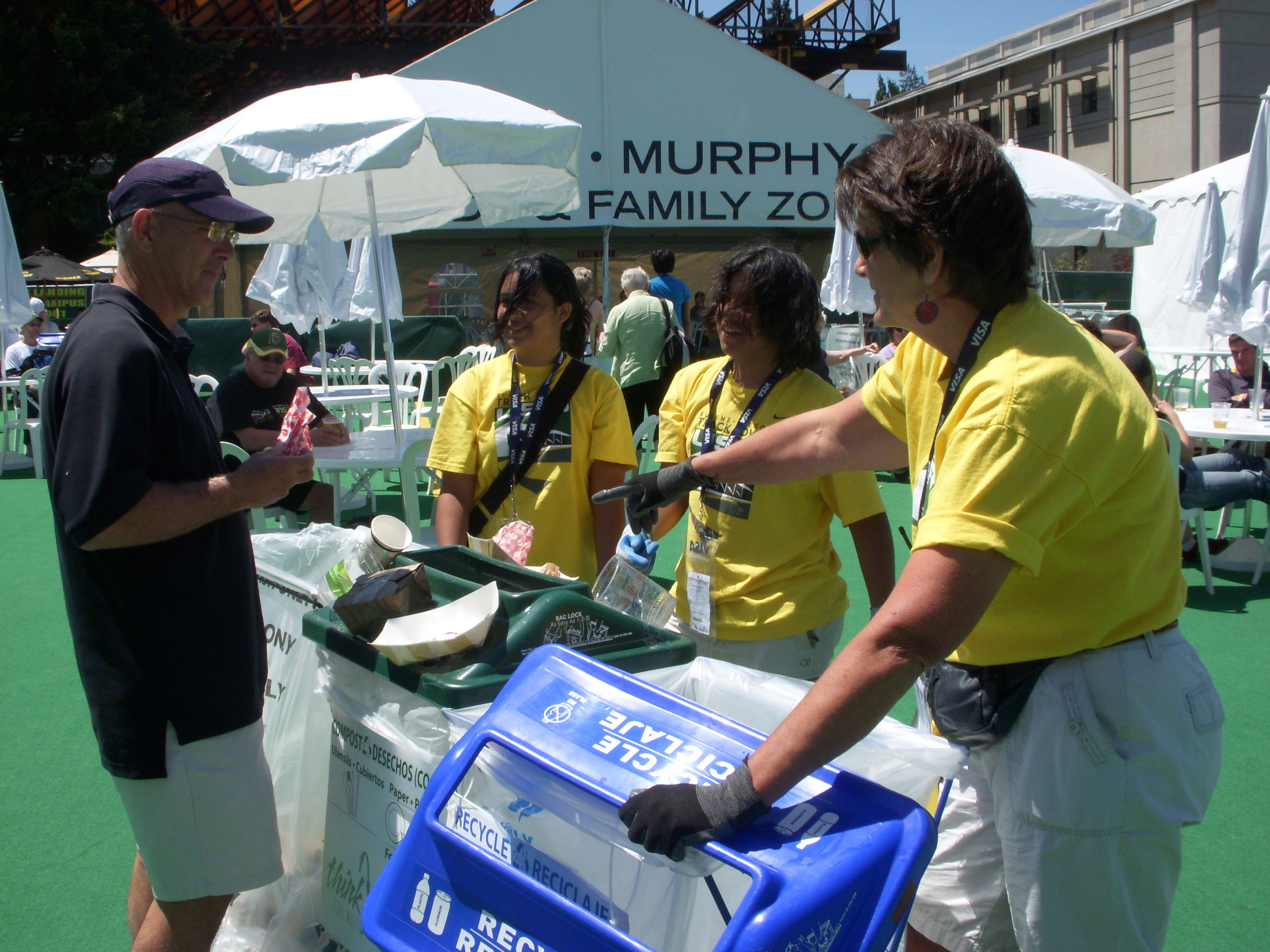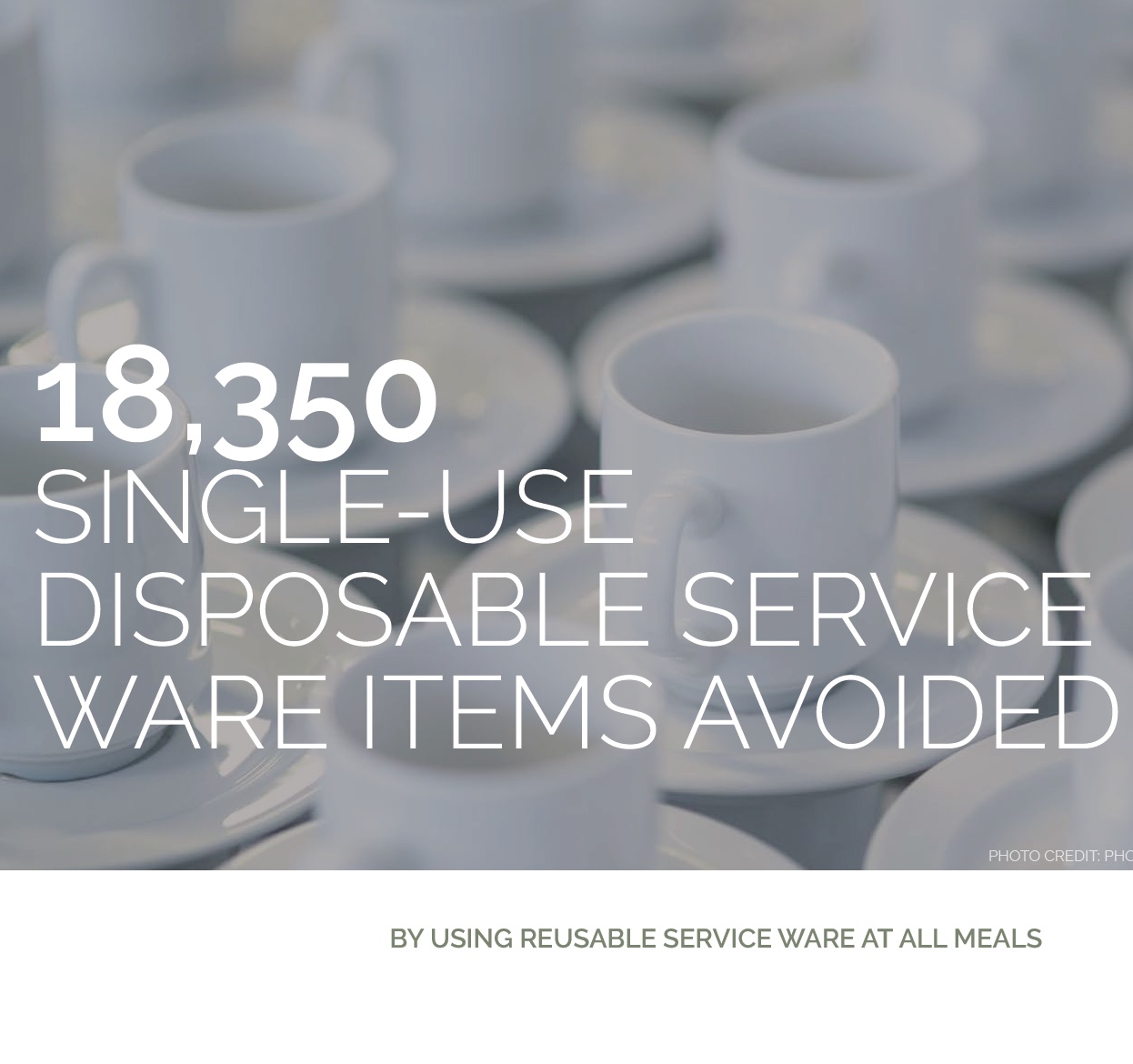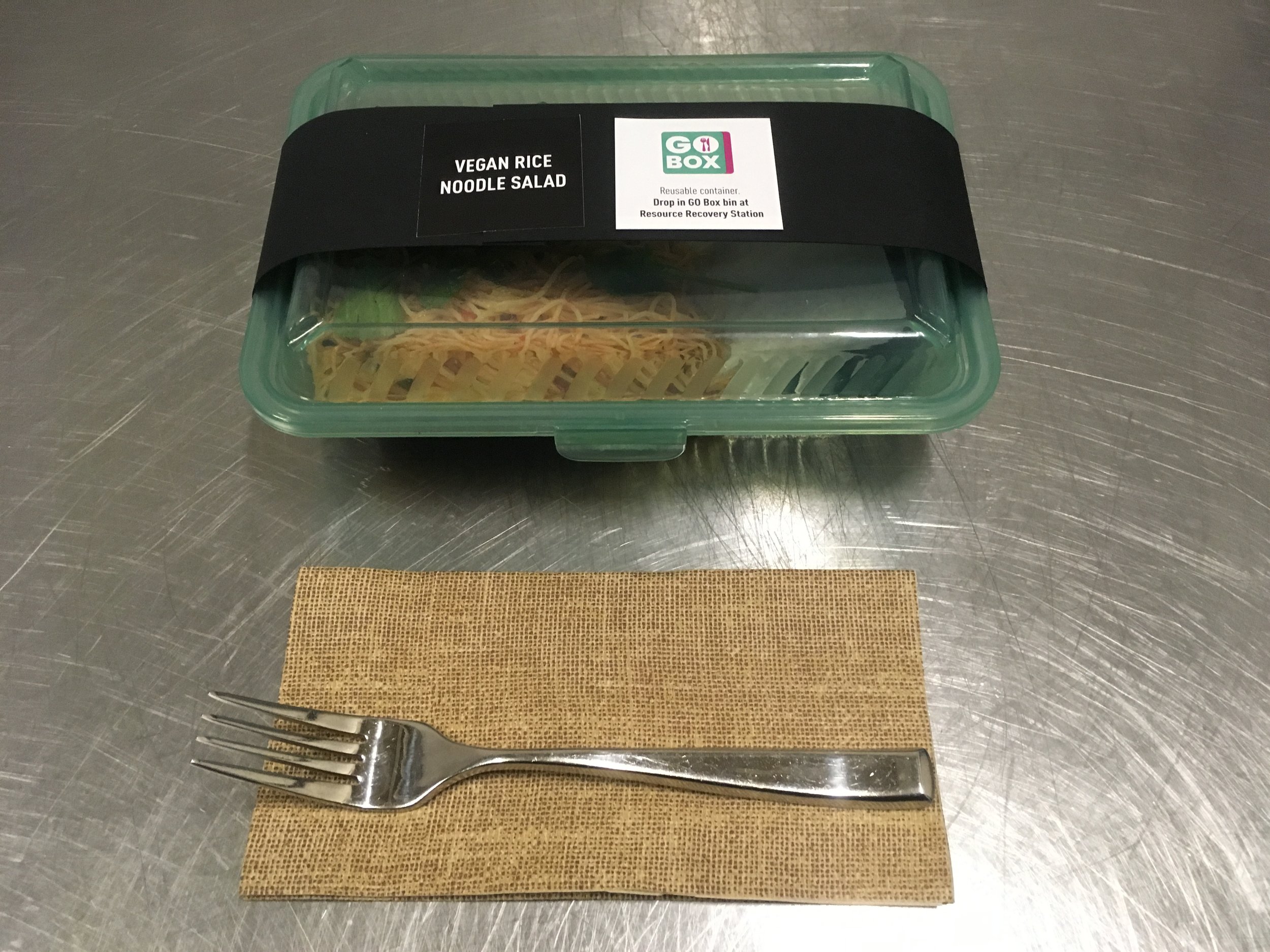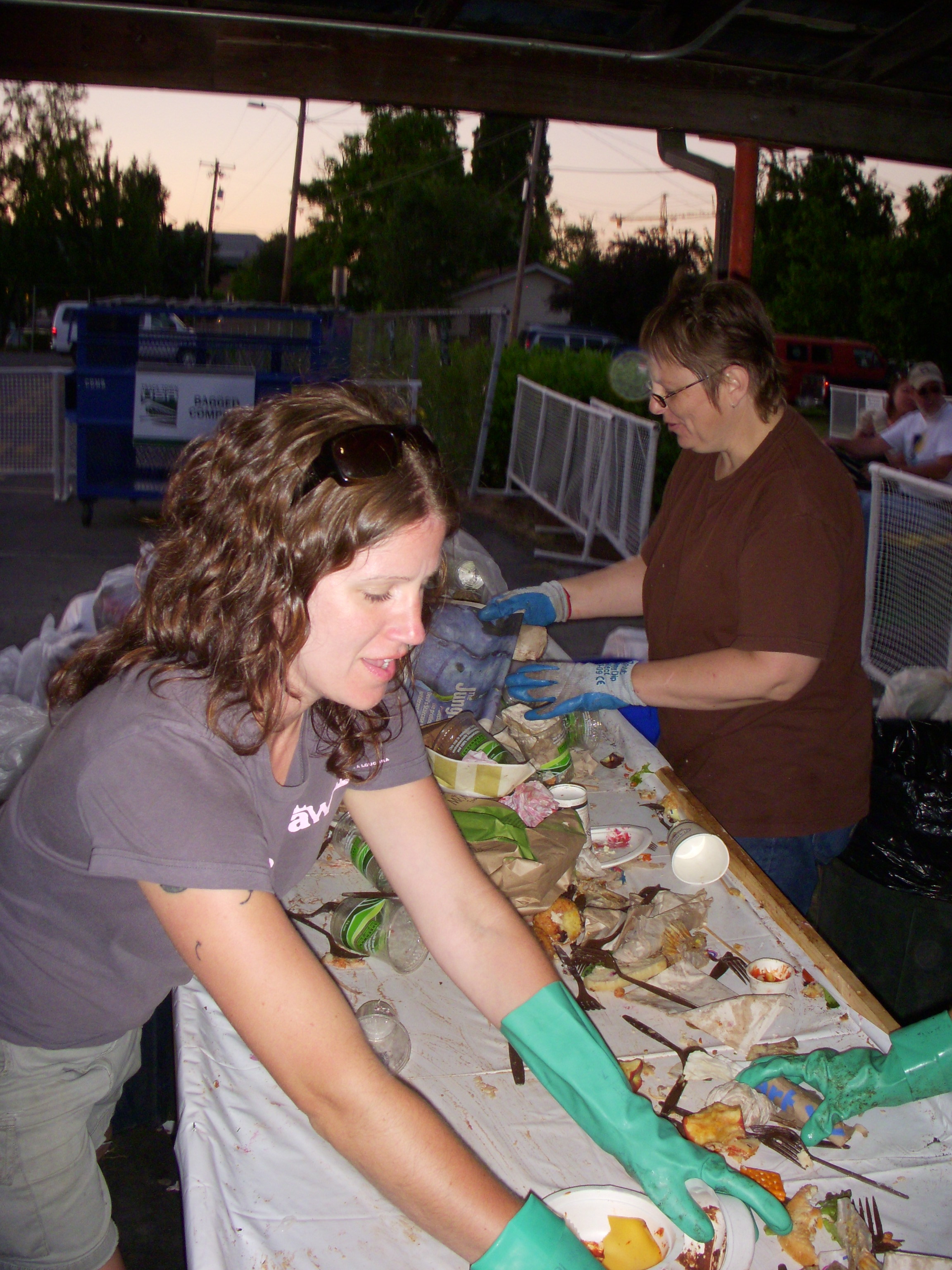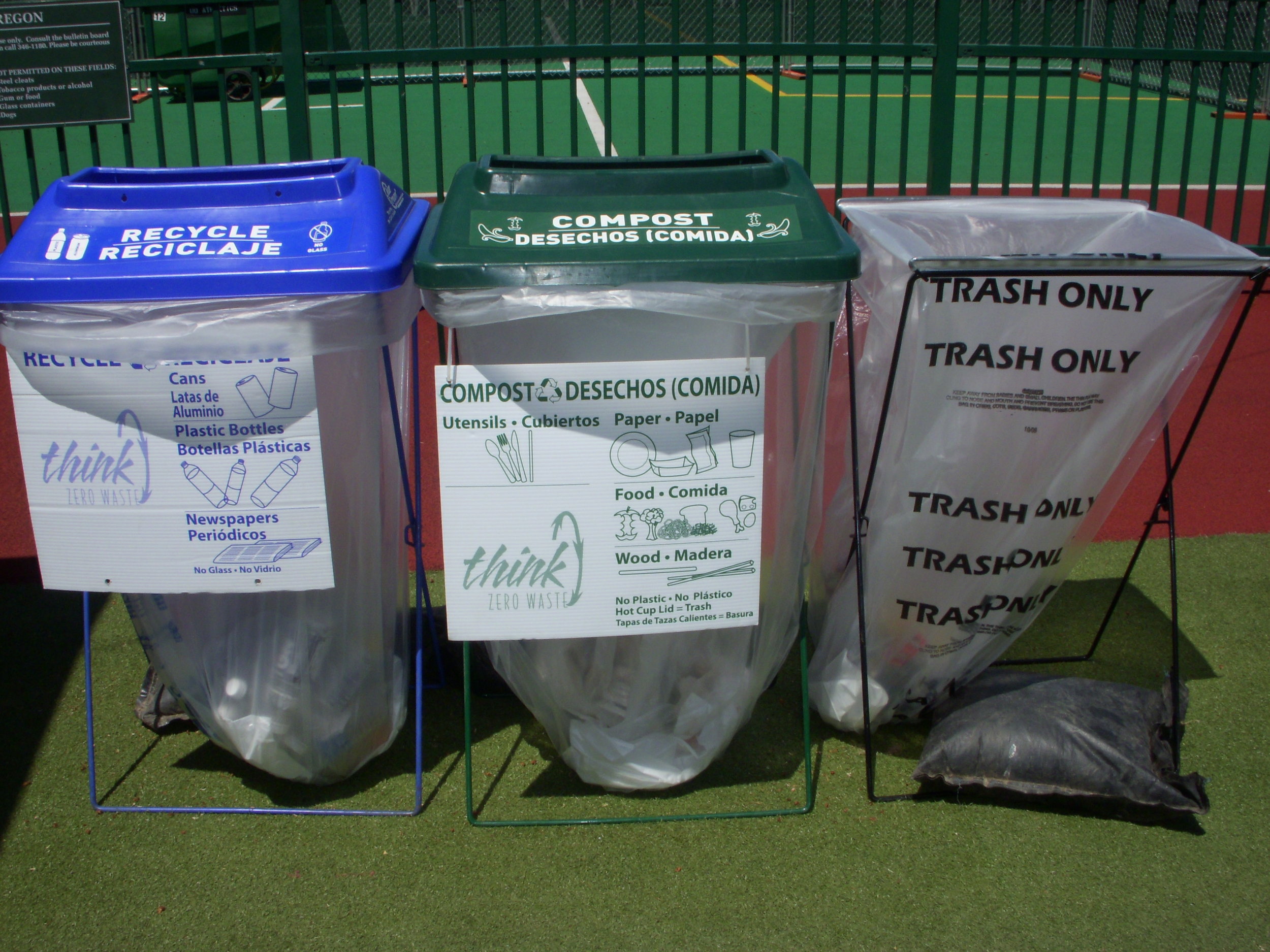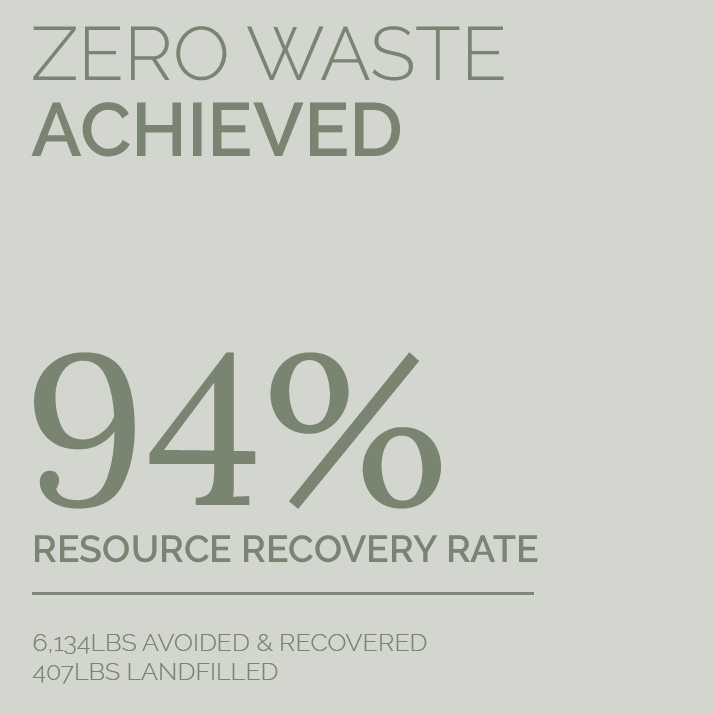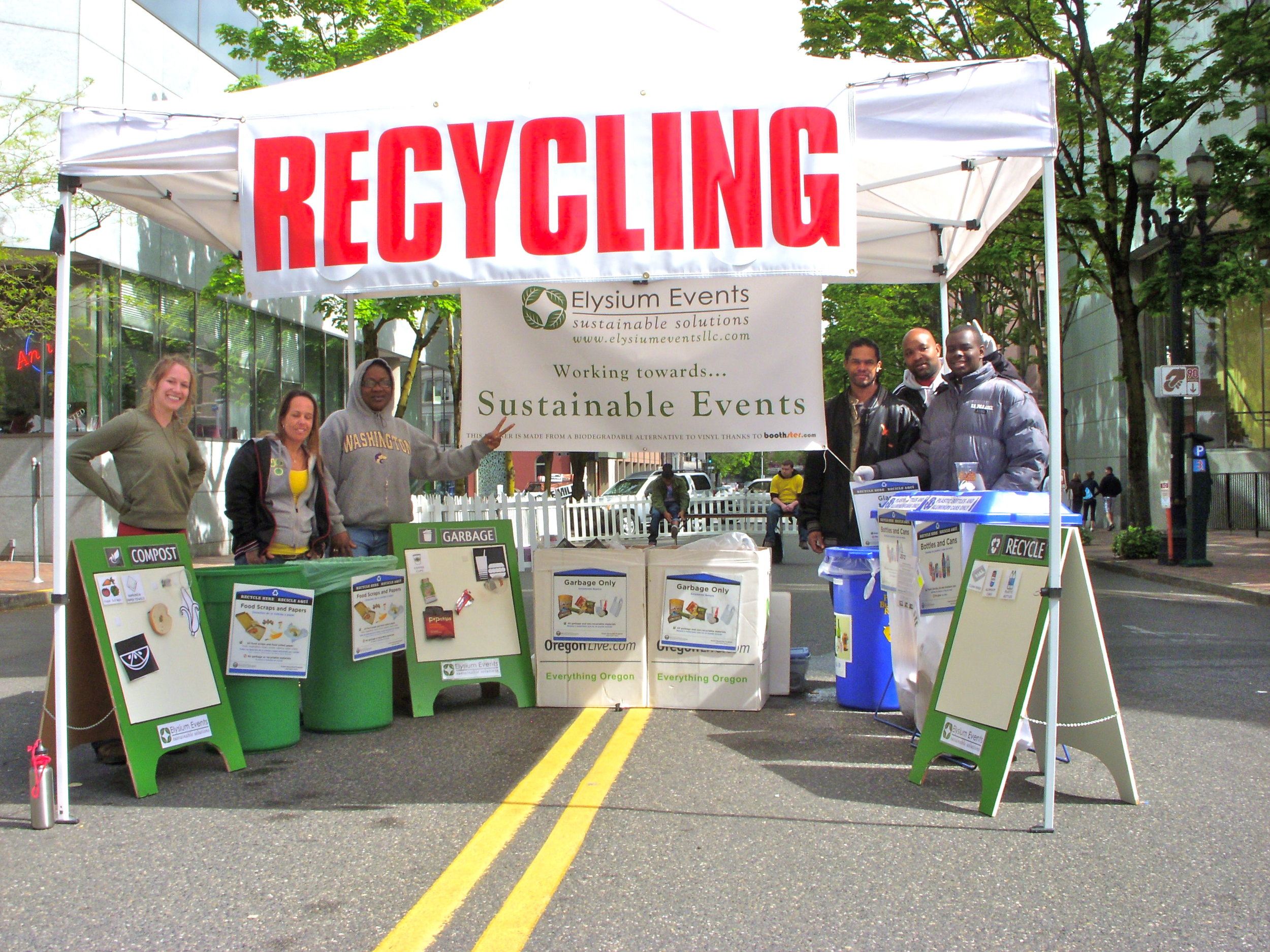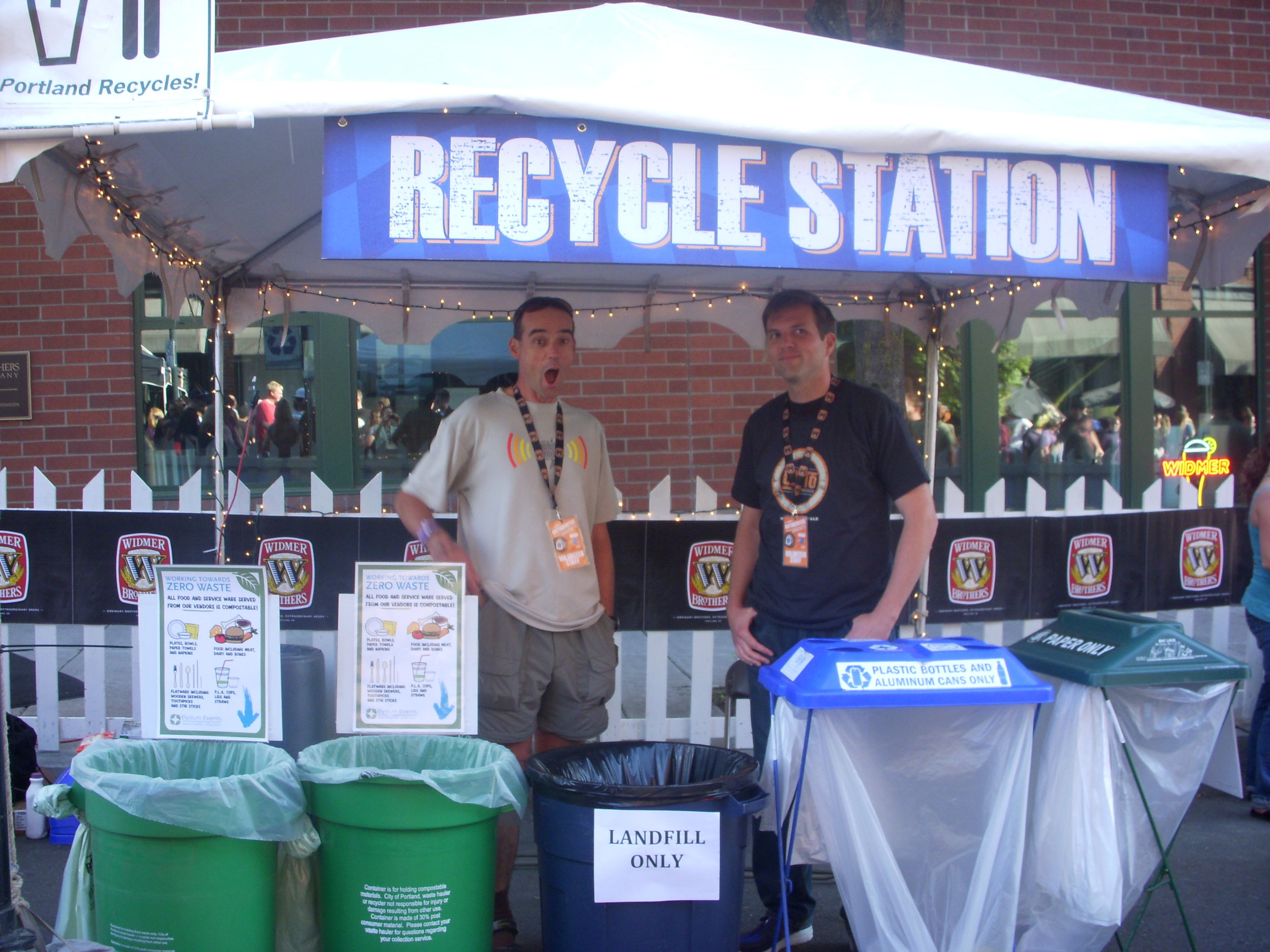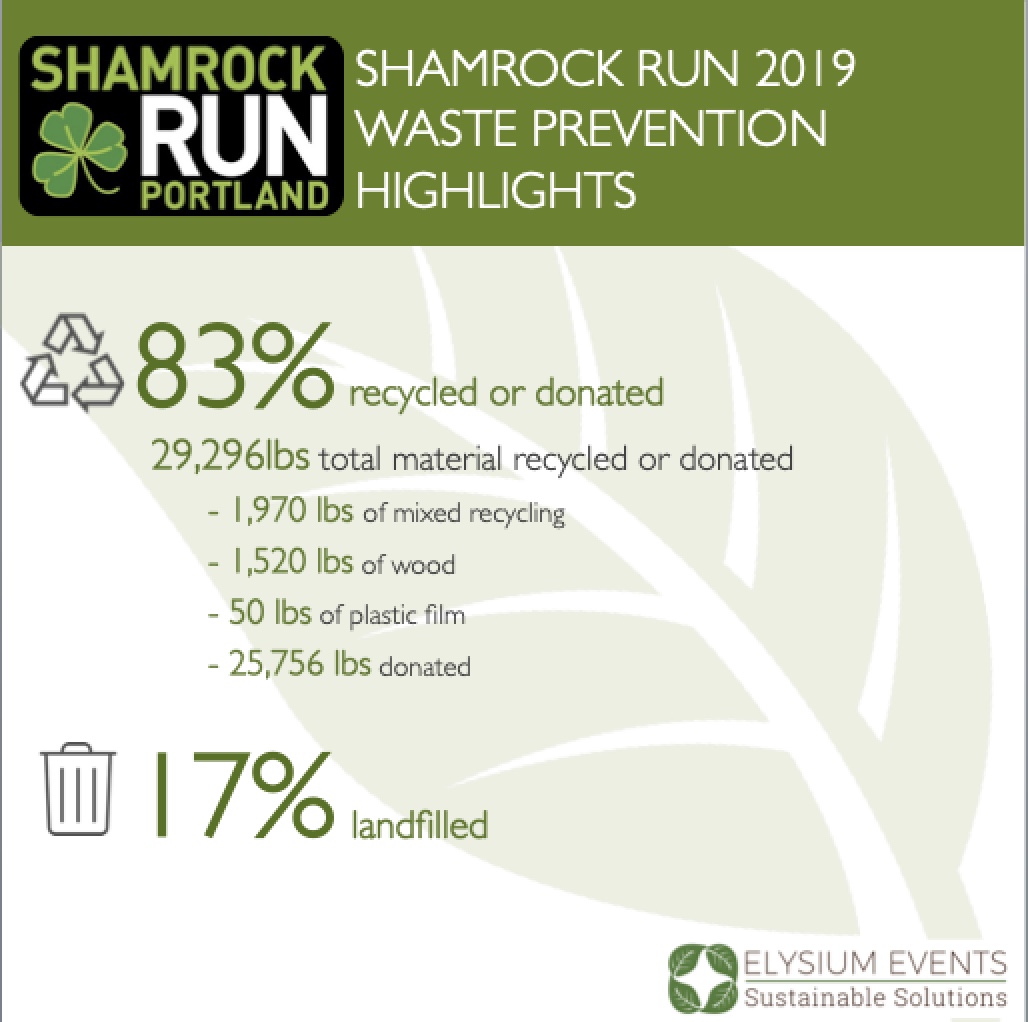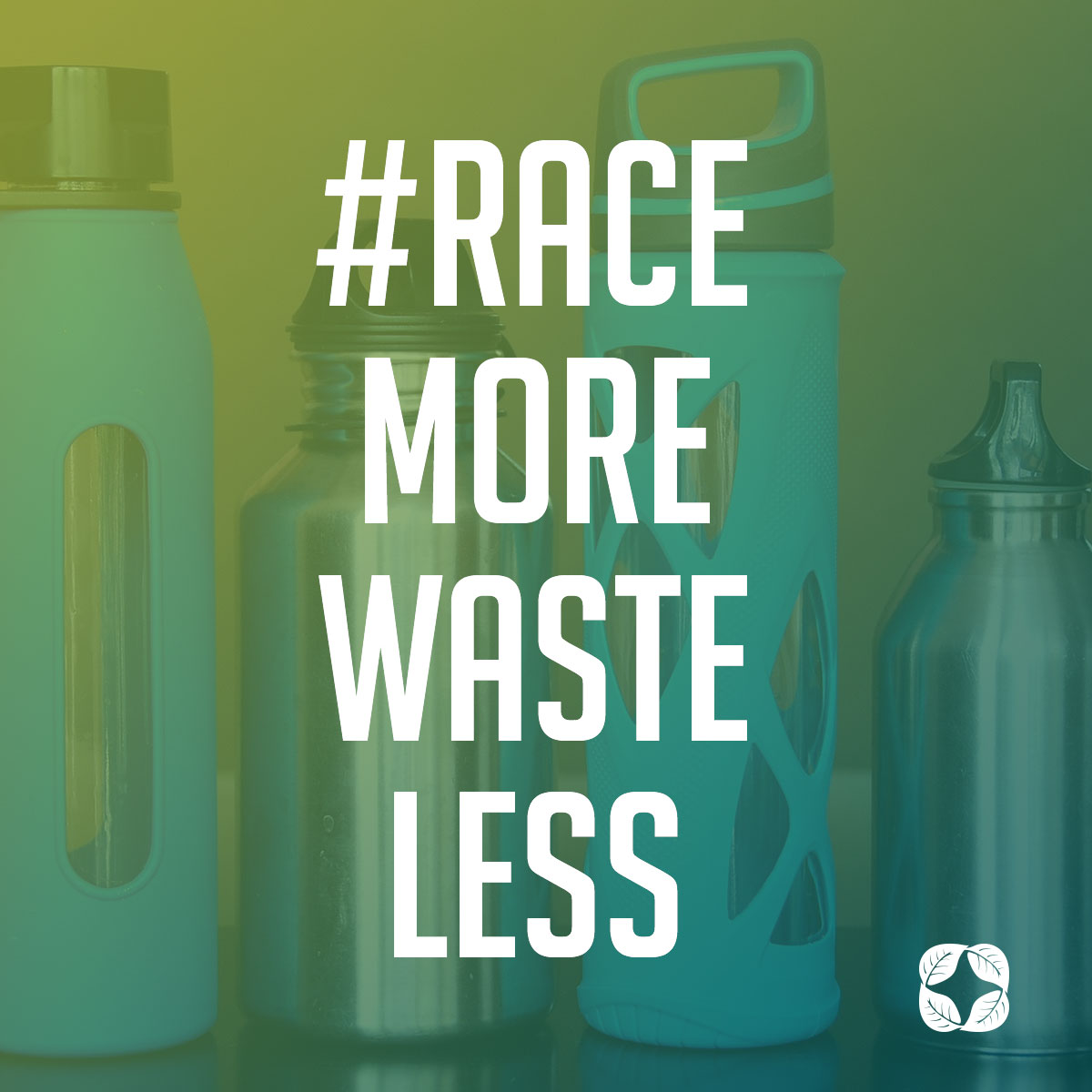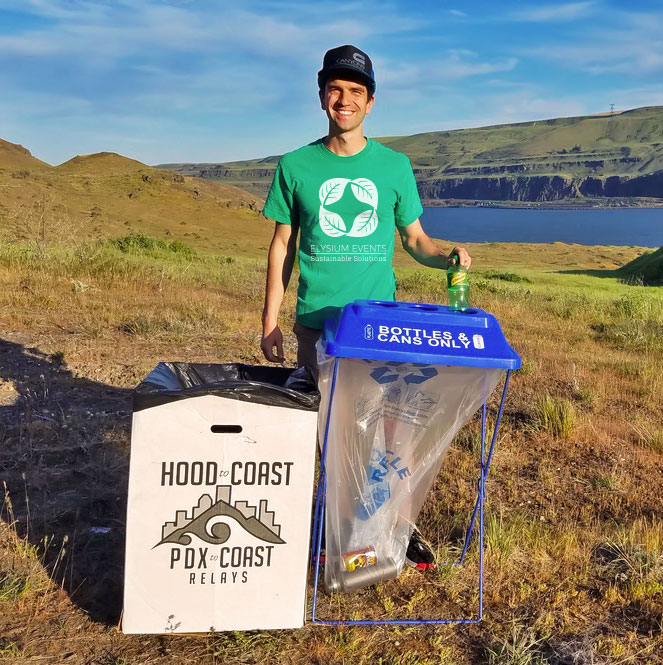About Elysium
Thirteen years of dumpster diving
We are an Oregon-based social enterprise and sustainable event management company, specializing in a zero waste approach for private and public events. We help you avoid waste were possible, manage recycling and compost programs, and make sure excess food and usable goods get to groups who can use it. We’ve done this for events ranging from 100 people all the way up to 45,000 in one day.
Sustainability is a journey, after 13 years we have a pretty good roadmap.
over ¼ million pounds of waste diverted from landfills
Our Impact
Our primary focus is on Working Towards Zero Waste and we have a track record to boot. Since our inception, we have helped to divert over ¼ million pounds of waste from the landfill through waste avoidance, recycling, composting, and procuring post-event donations. We accomplish resource recovery rates for our clients typically between 70-80%, though we have helped our clients achieve all the way up to 94%.
94%, is that even possible? Yes, it is.
OUR TEAM
Lindsey Newkirk, Founder & Chief Instigator
Lindsey is an Imaginative strategic thinker, relationship builder, and needle mover in sustainable in business.
For over a decade she has worked in the field of sustainability at the confluence of waste prevention, strategic communication, behavior change, events and art. She thrives on digging deep to understand a social or environmental issue, ideating creative solutions, designing strategy, collaborating with creative teams, and transforming the possibilities into high impact outcomes. See more at lindseynewkirk.com
Jenn Reilly, Design & Comms Partner
A master of design and strategic marketing communications, Jenn is our go-to to enhance our engagement initiatives and communication deliverables. With 12+years of experience, her skill set varies from all things print and web design to content strategy, thought leadership strategy, brand messaging and development, public relations and event planning and design. See more at jennreilly.com.
Dave, Manager
Dave has managed recycling at events and festivals with a smile for the past 7 years. He has carried jobs in every corner of the recycling industry from e-waste and waste audits to municipal hauler relations and consulting. His background allows him to be an effective site-lead to get the job done right while having an understanding of where the event's materials need to go to be recycled and why.
Aaron: Zero Waste Site Manager
Aaron has worked in the sustainability field for over a decade. His personal passion, and passion to excite others about sustainability has helped organizations and events reduce and track their environmental footprint. He is excited to continue his work and steadily repeat his mantra: “help people waste less stuff.”
13 years of dumpster diving
Lindsey launched Elysium in 2006, as she recognized that in a region that prides itself on sustainable living and business practices, events were slipping through the cracks. Recycling efforts were minimal at best and virtually no community events were composting food scraps. In 2006 she partnered with the Race for the Cure to learn best practices in event composting and to simultaneously pilot a composting program for the Bite of Oregon. Through these two events and a lot of best practice research, Elysium Events became the first community event greening company in Portland.
We have primarily focused on working towards zero waste, but we recognize there is a bigger picture here. We’ve expanded our services to now include a holistic approach with our pillars of communication, food, energy, and positive legacy projects.
Our Ethos
1. Prioritize waste avoidance: Recycling is great but avoiding waste from occurring in the first place, is better. As a society, we need to shift our sustainable materials management from end of life thinking to an upstream mindset, making decisions to prioritize best and highest options for the biggest impact.
2. Eliminate contamination: When the wrong stuff gets in the recycling and compost bins, it puts at risk that an entire dumpster worth of materials can be rejected and instead tossed in the landfill. Contamination is why China won’t take our recycling anymore. Our biggest priority is to ensure our clients have minimal contamination so their efforts aren’t wasted and valuable resources are kept in a closed loop.
3. A sustainable event is more than recycling: Sustainable materials management comprises the majority of our work; it tends to be the low-hanging fruit for many events. We recognize, however, a sustainable event requires a holistic approach including energy, food, procurement, and stakeholder engagement to truly address the negative impacts of climate change.
4. Sustainability doesn’t stop at environmental impacts: Environmental impacts have been our focus but we know social impacts are just as important. While there currently is no holistic take on social impact measurement at events, we’re interested in exploring the spaces of diversity, equity and inclusion; fair wages, skill and knowledge sharing; and leveraging event assets to make a positive impact in the community.
5. Meet clients where they’re at: There is a lot to consider when setting out to produce a sustainable event. It’s unreasonable for most events to implement all aspects overnight, given that some strategies will be an easier lift than others. We’ll support you, wherever you want to start and wherever you want to go.
6. Impacts over attributes: Lifelong learning is important to us, which includes staying on top of the industry and shifting our game plan when necessary. What we’re paying attention to right now is life cycle analysis (LCA). Just because something is recyclable or compostable doesn’t mean it’s automatically better for the environment. We’re set out to make sure the decisions we make will result in the impacts we care about.
7. Circular economy: Design out waste and pollution; keep products and materials in use; and regenerated natural systems. (source: ellenmacarthurfoundation.com, click to learn more). By encouraging waste avoidance, eliminating contamination, and recovering resources, our role is to keep valuable materials out of the landfill and instead put them back into good use.
8. Be good, do good, be kind, be compassionate: Swami Sivananda was a great Hindu spiritual teacher who shared this easy to live by message. We do this work because it matters. How we interact with our clients, attendees, volunteers, and vendors also matters. Elysium is service in action and our team is comprised of people who want to make a difference and have a fun and caring attitude.
9. Measuring Results: As the saying goes, you can’t manage what you don’t measure. How else are you supposed to know how much you have accomplished and where you can improve unless success is defined and tracked? We use resource recovery rates and waste generated per person as our primary metrics for waste reduction. We have other tools in place for measuring your carbon footprint, sustainable food, and stakeholder engagement.
10.Sustainable Events is a Team Effort: Strategy doesn’t mean much if it’s not backed up by engagement with attendees, volunteers, vendors, sponsors, etc. Sometimes that means an appealing campaign, well thought out policies, or enthusiastic staff to enliven others about your efforts. We look at the whole scope of where buy-in is needed and where sustainable behaviors can be activated.
Learn more about our full service offering and how we can help.







